

Book Now to Experience
S6 Body Sculpting Treatment
1 Minute Self-Registration
Date should not be before minimal date
Author: Leila Tan|Updated: 23 July 2024
The topic of weight loss is one that piques the interest of many people in today's culture. It's not hard to see why diets and weight loss programs have become so popular in recent years. It might be difficult to know where to begin due to the sheer volume of information available but afraid not because with this essential tool called calorie calculator, it proves useful for anyone trying to lose weight. In this article, we'll go over the benefits of using a weight loss calorie calculator and how it can aid in your weight loss efforts.

1
What is a Weight Loss Calorie Calculator?
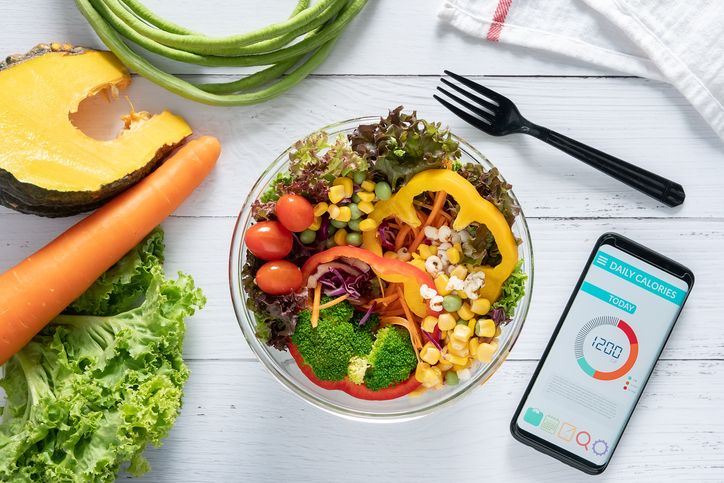
A weight loss calorie calculator is a tool that can help you determine how many calories you need to consume to achieve your ideal weight. It takes into consideration your age, height, weight, level of activity, and weight loss objectives to provide you with a personalised calorie goal. By using a calorie calculator for weight loss, you can ensure that you are consuming the appropriate number of calories to reach your objectives without feeling hungry or deprived!


2
Why is a Weight Loss Calorie Calculator Important?

A weight loss calorie calculator is essential for a number of reasons. It first aids in setting attainable weight loss objectives. You can make a plan that is customised to your particular needs and goals by figuring out your daily calorie demands and setting unattainable weight loss goals is a typical mistake that can result in frustration and disappointment.
Second, you may monitor your progress with the use of a weight loss calorie calculator. You can quickly determine if you are on pace to reach your weight loss objectives by keeping an eye on your caloric intake and with that you can modify your diet and exercise regimen to assist you get back on track if you are not getting the desired results.
Last but not least, a weight loss calorie calculator will assist you in long-term maintenance of your weight loss by easily keeping track of your caloric intake and changing it as necessary to continue your weight loss.
Read More

3
How To Use Weight Loss Calorie Calculator
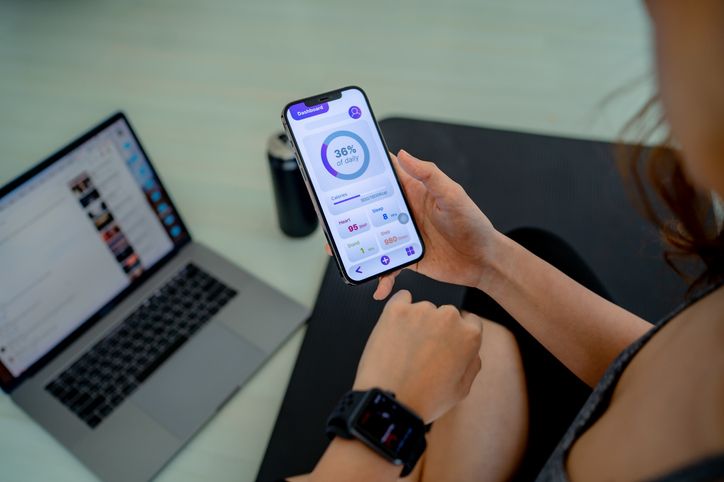
It would be useful for those who wish to achieve weight loss goals to fully utilise their weight loss calorie calculator as a tool to measure how many calories you need to eat every day to lose weight. To make sure this works, there are several factors that should be taken into account, including your age, gender, height, weight, level of exercise, and goal for weight loss. Here's how:
- Find a trusted online calculator. - Type in your personal information, like your age, gender, height, and weight at the moment. - Choose your activity level, from sedentary to very active, based on how much physical movement you do every day. - Enter your weight loss goal, such as how much weight you want to lose and in how much time. - Press the "Calculate" button and look at the findings.
The calculator will tell you how many calories you need to eat every day to stay at your current weight or to hit your weight loss goal. It will also tell you how long it will take you to reach your goal based on how fast you lose weight and help you plan your food and exercise, but it can't replace the advice of a professional. Before starting any plan to lose weight, you should always talk to your doctor.


4
The Enemy That You Should Know Better: Calories
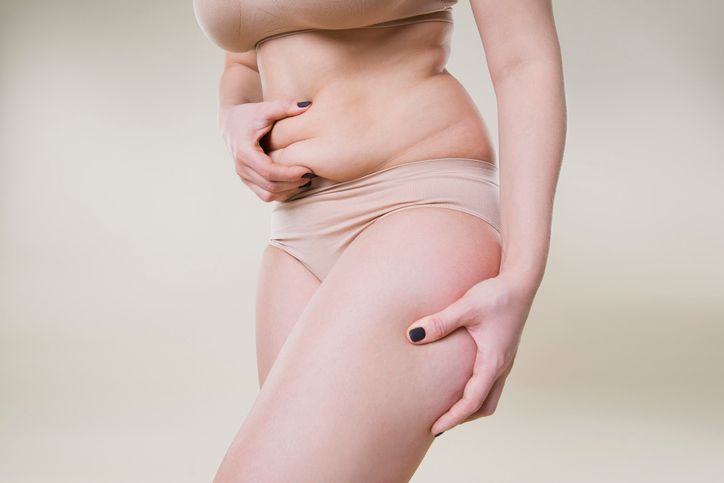
A calorie is a unit of measurement for energy, calories are essential because they represent the consumed and dissipated energy by the body. When we consume food and beverages, our bodies break down macronutrients (carbohydrates, lipids, and proteins) in order to release energy. The number of calories in a substance or beverage is a measurement of its energy content.
The human body requires energy to execute functions such as breathing, blood circulation, digestion, and muscle movement. The quantity of energy a person requires varies according to their age, gender, weight, height, and level of activity.
Extra energy will be deposited as fat when a person consumes more calories than their body needs to carry out these activities. This can cause gradual weight gain and even obesity if left untreated. On the other hand, when a person consumes fewer calories than their body needs, fat reserves are used for energy, and they begin to shed extra pounds.

Book Now to Experience
S6 Body Sculpting Treatment
1 Minute Self-Registration
Date should not be before minimal date

5
How to Reduce Calorie Intake?

Although cutting calories might aid in weight loss and health improvement, it can be difficult to do it in a way that is sustainable and enjoyable. Here are some advice that can help you reduce your caloric intake without feeling restricted or hungry:
Eat more protein
Protein can help you feel full for longer and reduce your appetite. Additionally, it aids in maintaining your metabolism and muscle mass when you are dieting. Include a source of protein in each meal and snack, and aim for at least 0.8 grams of protein per kilogram of body weight each day.
Limit sugary beverages
Foods like soda, juice, and coffee with added sugar can pack on the calories without offering much in the way of nutrition or satisfaction. Try to substitute them with water, black tea or unsweetened tea, or only consume them on rare occasions.
Increase water intake
Water can keep you hydrated and help you avoid overeating. Drinking water prior to meals can help you eat less because hunger and thirst can occasionally be confused. Additionally, water helps increase metabolism and remove toxins from the body.
Exercise
Exercise can help you lose weight and enhance both your physical and mental well-being. Additionally, it may boost your muscle mass, which would enhance your resting metabolic rate and help you burn more calories. Aim for two sessions of strength training per week along with 150 minutes of moderate-intensity aerobic activity.
Limit your consumption of ultra-processed meals and refined carbohydrates
White bread, pasta, and rice are examples of refined carbohydrates, as are chips, cookies, and sweets, which are ultra-processed meals that are low in fibre, vitamins, minerals, and antioxidants. They can also cause an insulin and blood sugar surge, which can cause cravings and overeating. Choose foods with little to no processing instead, such as whole grains, fruits, vegetables, legumes, nuts, and seeds.


6
Find Enemy's Weakness: Calorie Burning Factors
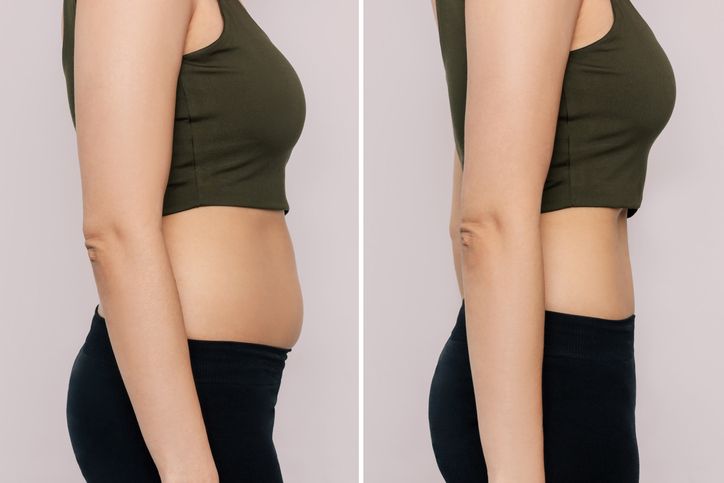
The process of using energy to carry out various tasks is known as calorie burning. The number of calories burned is affected by a number of variables, including body weight, muscle mass, age, sex, degree of activity, and intensity of exercise. Some of these elements can be changed to improve or decrease calorie burning while others are fixed.
Calorie burning is influenced by two factors: body weight and muscle mass. Because it takes more energy for bigger people to move their bodies, they often burn more calories than lighter people. However, muscular mass also matters because it has a higher metabolic rate than fat. As a result, even when at rest, those with higher muscle mass burn more calories than those with less.
Two characteristics that influence calorie burning that cannot be modified are age and gender. People's metabolisms slow down as they age, which results in lower calorie expenditure. This is partially brought on by the ageing-related reduction of muscular mass. Because they have less body fat and more muscle mass than women, men typically burn more calories than women.
Exercise intensity and activity level are two variables that influence calorie burning and can be changed. A person burns more calories when they are more active. This covers ordinary activities like walking, gardening, and cleaning in addition to regular exercise. Another element that affects calorie burning is the intensity of the exercise. More calories are burned each minute the more intense the workout is. Higher intensity exercise may be more difficult to maintain over time, thus frequency and duration of exercise also matter.
Read More

7
Can Calculator Be Your Friend? Pros And Cons of using a Weight Loss Calorie Calculator

Weight loss can be a challenging journey, and there are various tools and methods available to aid in achieving the goal. One such tool is a weight loss calorie calculator, which helps individuals determine how many calories they should consume daily to lose weight, however there are some downsides on using a weight loss calorie calculator too.
Pros
- Determines individualised calorie requirements: A weight loss calorie calculator determines a person's daily calorie requirements for weight loss based on their height, weight, age, and level of activity. This personalised approach can help ensure that the individual is not consuming too many or too few calories, which can hinder weight loss progress.
- Provides a clear goal: Knowing how many calories to consume each day can provide a clear goal for individuals to work towards. This can help with motivation and adherence to a weight loss plan.
- Easy to use: Weight loss calorie calculators are readily available online and are easy to use. Users simply need to input their information, and the calculator will provide them with their daily calorie needs.
- Helps track progress: By knowing their daily calorie needs, individuals can track their progress by monitoring their calorie intake and ensuring they stay within their daily limit.
Cons
- May not be accurate: Weight loss calorie calculators use formulas to estimate calorie needs, and these formulas may not be accurate for everyone. Factors such as genetics, metabolic rate, and medical conditions can affect calorie needs and may not be accounted for in the calculator.
- Can be too restrictive: Weight loss calorie calculators may provide a very low daily calorie limit, which can be too restrictive for some individuals. This can lead to feelings of hunger, low energy, and difficulty sticking to the plan.
- Does not consider food quality: While a weight loss calorie calculator may provide a daily calorie limit, it does not consider the quality of the food being consumed. Consuming a high number of calories from unhealthy foods can still lead to weight gain and other health issues.
- Can lead to obsessive behaviour: For some individuals, using a weight loss calorie calculator can lead to obsessive behaviour and an unhealthy relationship with food. Constantly tracking calorie intake and restricting food intake can lead to disordered eating habits.


8
Potential Downsides of Using Calculator to Count Calories

Counting calories is a popular way to control one's weight and nutrition, but it may not be right for everyone. Some possible downsides of counting calories are:
- Keeping track of every food item and amount size can take a lot of time and be annoying.
- It can lead to obsessive or unhealthy behaviours, like limiting food intake too much, binge eating, or having an eating disorder.
- It can cause stress and worry, especially if someone feels bad about going over their calorie limit or not reaching their goals.
- It can overlook other factors that affect health and wellness, such as the quality, variety, and balance of nutrients in the diet, as well as physical exercise, sleep, and mental health.
- It can make people have a bad relationship with food, where they see it as a source of numbers and rules rather than something to enjoy and keep them healthy.
So, counting calories may not be the best choice for everyone who wants to improve their health and well-being. There may be other ways to reach one's goals that are more sustainable, open, and fun. Introducing S6 Body Sculpting Treatment by New Beauty, able to help you with weight loss, destroy fat cells and increase muscle mass!

Book Now to Experience
S6 Body Sculpting Treatment
1 Minute Self-Registration
Date should not be before minimal date

9
How New Beauty S6 Body Sculpting Treatment Helps With Weight Loss
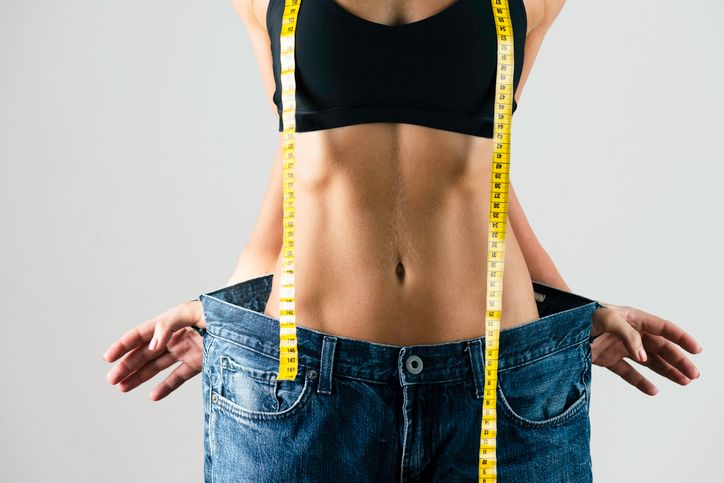
New Beauty S6 Body Sculpting Treatment uses high-intensity focused electromagnetic (HIFEM) technology, which emits electromagnetic waves to induce muscle contractions and is utilised in non-invasive and non-surgical fat removal therapies. These waves directly excite the motor neurons in the muscles, penetrating the skin 7 cm deep and causing the muscle fibres to contract. Similar to exercise training, the effect of voluntary muscular contraction effectively tones muscles and eliminates fat cells. Eventually, the body's metabolism excretes the stubborn targeted fat cells as the muscle mass increases.
Say goodbye to intense training
During the treatment, your muscles will feel tighter when the motor neurons promote contractions, but this is a temporary side effect of the treatment. The procedure won't require much downtime and won't interfere with your daily life.
Simultaneous fat reduction & muscle gain with efficient results!
The energy from electromagnetic (HIFEM) Technology stimulates muscle contractions in a manner equivalent to exercise, leading to increased muscle strength and the elimination of extra fat cells in the area immediately around the muscles. Unlike conventional methods of body contouring, we design a program specifically for you, taking into account your individual needs in terms of waist size, metabolic rate, and muscle gain.


10
Conclusion

To sum up, calorie calculators for weight loss can be useful for certain people who want to shed some pounds. They set a specific target, enable progress tracking, and customise calorie requirements. Nevertheless, these calculators may not be precise for everyone, impose overly strict rules, disregard food quality, and cause fixation. Like any weight loss aid, True Beauty S6 Body Sculpting Treatment provides a much less intense and faster way to reach your desired weight. So why wait? Schedule a trial now at New Beauty!
FAQ
1. What is a weight loss calorie calculator?
A weight loss calorie calculator is a tool that helps you figure out how many calories you should be eating to reach your weight loss goals. It gives you a personalized calorie goal based on your age, height, weight, amount of activity, and weight loss goals.
2. How accurate are weight loss calorie calculators?
Weight loss calorie calculators can give you a good idea of how many calories you should be eating, but they are not always right. How many calories you need depends on your metabolism, your genes, and your overall health, among other things.
3. Do i need to count calories to lose weight?
No, you don't have to count calories to lose weight. But it can be a good way to make sure you are getting the right number of calories to reach your goals.
4. How do i use a weight loss calorie calculator?
Most weight loss calorie calculators require you to put in your age, height, weight, and amount of activity. Some tools may also want to know your gender and how much weight you want to lose. After you put in this information, the tool will give you a calorie goal that is just for you.
5. Can i use a weight loss calorie calculator if i have a medical condition?
Before making big changes to your diet or exercise routine, you should always talk to your doctor first if you have a health problem. Your doctor can help you figure out if a calorie tool for weight loss is right for you.

Book Now to Experience
S6 Body Sculpting Treatment
1 Minute Self-Registration
Date should not be before minimal date
Recommended Articles
COPYRIGHT© NEW BEAUTY MANAGEMENT LIMITED 2025. ALL RIGHT RESERVED.




